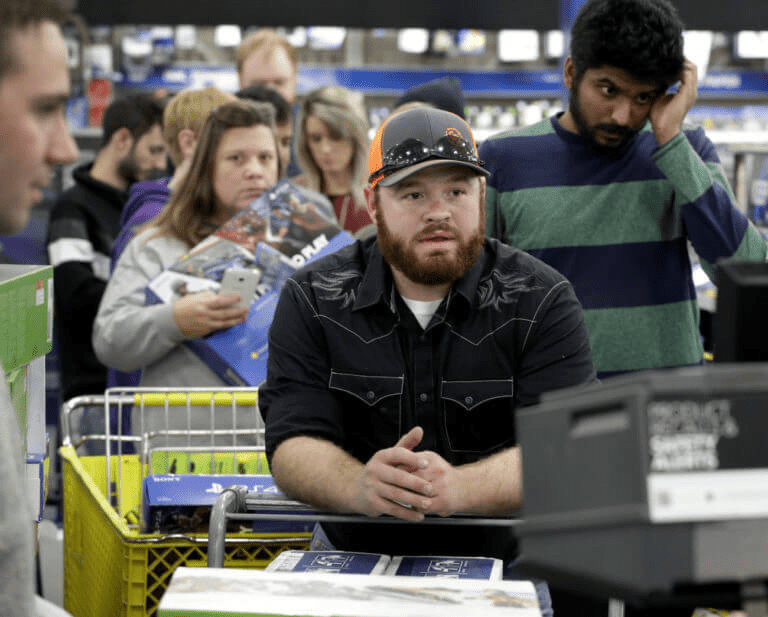The Consumer Spending Decline Has Only Just Begun
June 01, 2020 @ 18:33 +03:00
The U.S. stock market has been mostly indifferent about dire unemployment figures and plummeting consumer spending. Investors are willing to look past the terrible data because they’re expected to improve considerably as the economy continues to reopen. But new data suggest that although it will get better, it’s not going to be anywhere near normal for years.
Data from ThinkIQ show that in New York City, employment will remain below pre-pandemic levels for at least the next six years. In 2021, the firm estimates that nearly 400,0000 New Yorkers won’t have their jobs yet. If the NYC data were applied to the country as a whole, 14 million Americans would remain unemployed for the next two years.
Notably, that would translate into a national unemployment rate of 8.6%, the highest in more than two decades. Even in the aftermath of the Great Recession, unemployment never rose above 8.5%. High unemployment levels are bad news for an economy that depends on consumer spending. Almost three-quarters of the U.S. economy is driven by consumer spending, and people without jobs don’t spend as much money.
In April, the U.S. saw a sharp 13.6% decline in consumer spending due to government shelter-in-place orders. But as the economy reopens, it’s worth noting that many of the lost jobs aren’t coming back. A study by the American Economic Review found that unemployed Americans stop spending when they lose their jobs—no surprise there. The study showed that people claiming jobless benefits pull back even further roughly six months after losing their jobs. That’s because most states only offer six months’ worth of benefits.
Because of the pandemic, workers are now able to claim for 39 weeks. That would take most people up to January 2021. What does that mean for consumer spending? Likely that we’re going to see another big dip at the start of next year.
August is another crucial month for consumer spending as the government’s additional $600-per-week pandemic payments will run out in July. That means Americans who’ve been claiming during lockdown will suddenly see their monthly income fall by around $2,400. That’s certain to cause another significant pullback in spending, and one that many investors aren’t factoring.
The Consumer Spending Decline Has Only Just Begun, CCN, Jun 1







